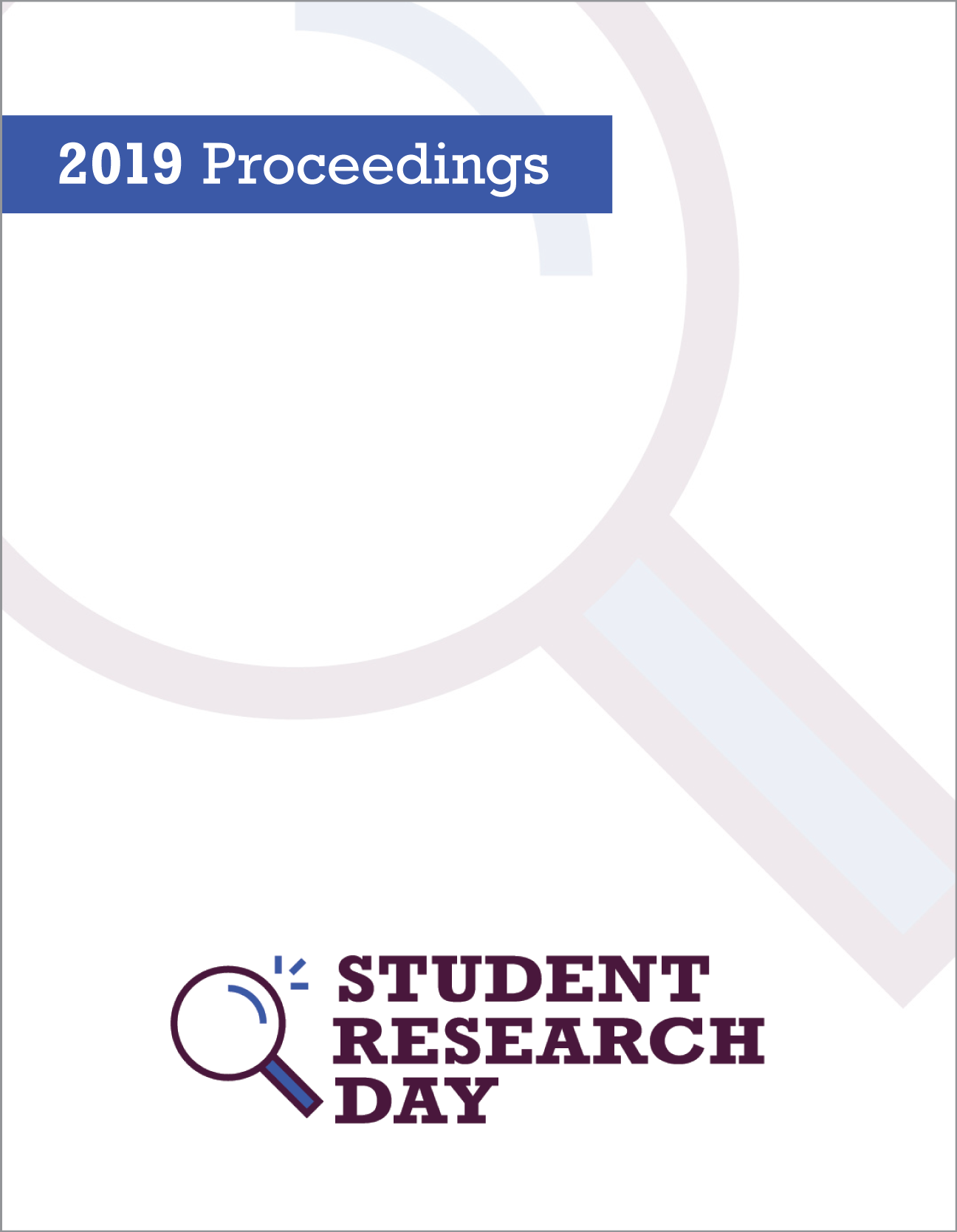I see what you’re saying – self-referential memory is influenced by direct eye gaze
Abstract
Eye contact is an integral factor of human communication and is used to express intentions, interests, and emotions (Emery, 2000). The direction of eye gaze is particularly relevant, as direct gaze indicates the intention to approach and interact, while averted gaze communicates social exclusion (Hietanen et al., 2008). Previous research has indicated that direct eye gaze heightens physiological arousal and becomes the focus of attention (Myllyneva, & Hietanen, 2015). Eye contact has also been shown to increase self-referential processing of information which advances recall ability (e.g., Hietanen, & Hietanen, 2017). The proposed study will conduct two experiments to examine the effect that direct eye contact has on attention and verbal memory by using a word recognition task, and recording arousal via galvanic skin response (GSR). Two participants will be asked to remember a list of words while the experimenter (live or video) either establishes direct or averted eye gaze, or no gaze at all. Participants will then be tested using a word recognition task. Experiment two will be the same but with the instructions to remember the words using self-referential or semantic encoding strategies. We hypothesize that direct eye gaze will improve memory more than averted gaze will, and significantly more so when using the self-referential encoding strategy.
Faculty Mentor: Michelle Jarick
Department: Psychology
References
Published
Issue
Section
License
Authors retain any and all existing copyright to works contributed to these proceedings.



